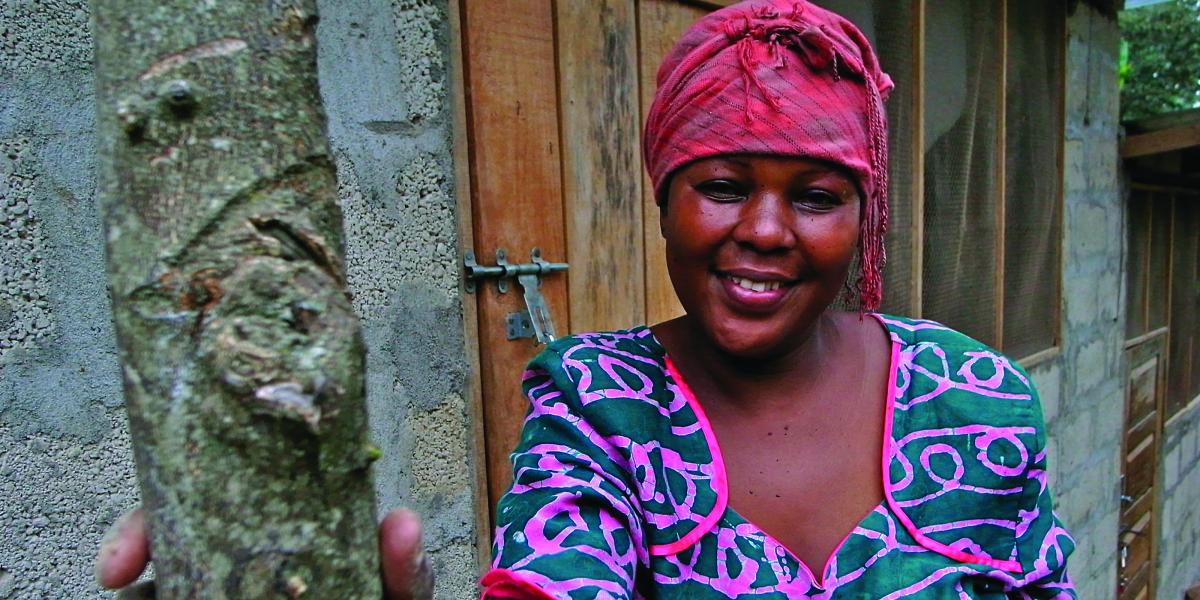Not Tonight, I Have Autonomy
When African women have more decision-making power, they tend to have less sex.
The finding, based on standard survey data from about 24,000 married women in six sub-Saharan countries, appeared online in February in the Journal of Sex Research, and is the first to link sex frequency to women’s autonomy, according to lead author Michelle J. Hindin, PhD, MHS, an associate professor in Population, Family and Reproductive Health.
What causes this linkage isn’t clear, but Hindin suggests that African women’s lack of sexual enjoyment is a possible factor. “It’s not to say that sex is never enjoyable for women in these countries,” she says. “But there is some research indicating that cultural practices make it less enjoyable than it could be.”
“Women who have more autonomy may be able to have a more important role in deciding when to have sex. This, in turn, could influence their risk of unwanted pregnancy and STIs.” —Michelle Hindin
The United States Agency for International Development (USAID) sponsors periodic Demographic and Health Surveys throughout sub-Saharan Africa, and Hindin and PhD student Carie Muntifering used the most recent survey data from representative countries in the region—Ghana, Malawi, Mali, Rwanda, Uganda and Zimbabwe. They compared women’s answers about the time since their most recent intercourse—a proxy for sex frequency—to answers about their roles in typical household decisions, such as everyday purchases.
The researchers then took into account several factors already known to influence sexual frequency, such as women’s age and employment status, and whether their husbands were living with them. “Even after accounting for these confounding factors, we found signs of a strong relationship between higher autonomy and lower sex frequency in the survey data from each of these countries,” says Hindin.
The findings represent an epidemiological snapshot of women’s responses, and while they suggest that autonomy and sex frequency are somehow related, they don’t prove that one directly causes the other. However, other studies have shown that in some of these countries, sexual pleasure tends to be enjoyed primarily by men. Some African women even engage in practices, including the use of herbs to dry the vagina, that are aimed at improving men’s pleasure—but can make their own experience of sex a painful one.
Research in this area could enable more effective programs for preventing unwanted pregnancy and sexually transmitted diseases. “Women who have more autonomy may be able to have a more important role in deciding when to have sex,” says Hindin. “This, in turn, could influence their risk of unwanted pregnancy and STIs.”
It also suggests that women’s sexual enjoyment is a potential public health issue. “We haven’t often looked at sex this way, but with data like these, I think we need to consider doing so.”
